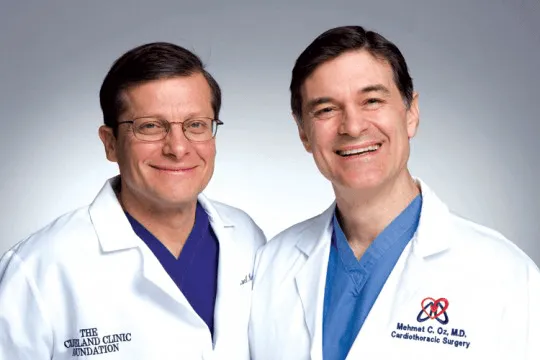
- Share on Facebook17
- Share on Pinterest
- Share on Twitter
If you’re pregnant or breastfeeding, the answer is a strong YES. Pregnant moms and their breastfed children have fewer infections and days of diarrhea if Mom is taking probiotics. And almost weekly, new info comes out demonstrating how these friendly bacteria that live in our guts are essential for good health.

What do these beneficial bugs do? (There are trillions of them, outnumbering the cells in our body 10-to-1.) They help prevent colitis-related colon cancer, protect you from food poisoning, strengthen the immune system, ward off allergies and colds, ease eczema, stop diarrhea and irritable bowel syndrome, protect against heart attacks, increase longevity and may even decrease depression and other mood-related disorders.
In addition, probiotics aid digestion by breaking down sugars – called polysaccharides – and amino acids in proteins. Some of the bacteria even produce vitamins and act as anti-inflammatories, reducing the risk of everything from arthritis to clogged arteries.
So here’s what we say about eating probiotic-rich foods and taking supplements.
 1. Healthy gut bacteria – even if you take supplements and eat yogurt – depend on your overall diet to supply what they need to thrive. That includes plenty of fiber from veggies, 100 percent whole grains and fruit, and a well-balanced mix of vitamins and other nutrients. Too many of one (like the B vitamin choline) can keep the bugs from doing their good work.
1. Healthy gut bacteria – even if you take supplements and eat yogurt – depend on your overall diet to supply what they need to thrive. That includes plenty of fiber from veggies, 100 percent whole grains and fruit, and a well-balanced mix of vitamins and other nutrients. Too many of one (like the B vitamin choline) can keep the bugs from doing their good work.
2. Yogurt and other cultured foods deliver billions of bifidobacterium, streptococcus thermophiles and lactobacillus (particularly acidophilus), but they hardly dent the trillions already there. The bugs you eat do help digestion, but don’t change the overall composition of your intestinal bacteria colony; stop eating the yogurt, and the bacteria it delivers go away after about two weeks.
3. We favor daily supplements that can make it through the stomach acid to your guts. The spore-containing Digestive Advantage (now combined with the company’s brand Sustenex, which we also like) contains bacillus coagulans GBI-30, 6086, and Culturelle has lactobacillus GG, which is activated by stomach acid.
– Dr. Michael Roizen and Dr. Mehmet Oz
© 2012 Michael Roizen, M.D. and Mehmet Oz, M.D. Distributed by King Features Syndicate, Inc.
- Share on Facebook17
- Share on Pinterest
- Share on Twitter

